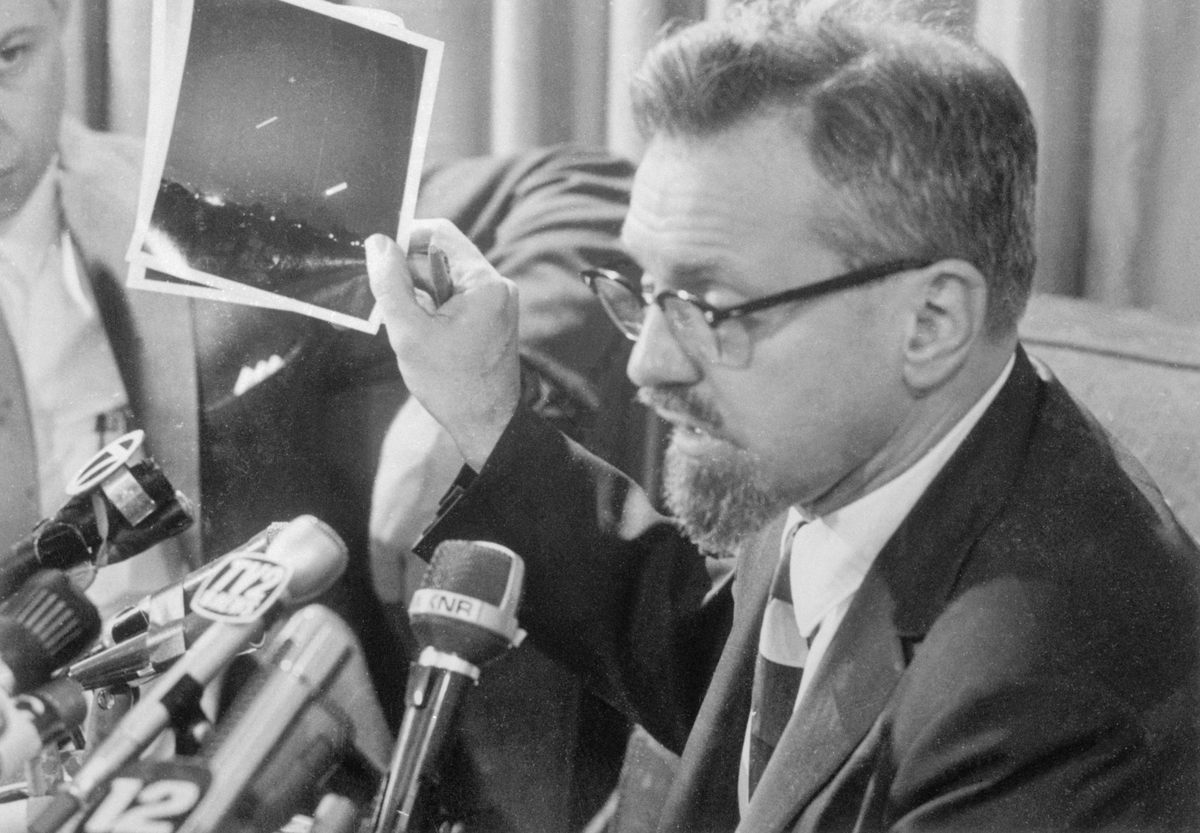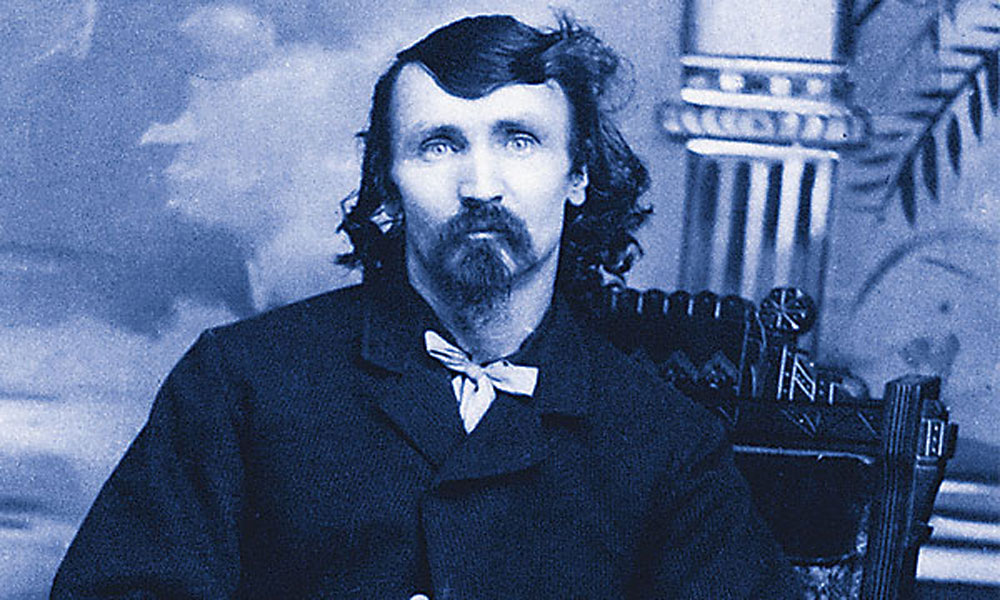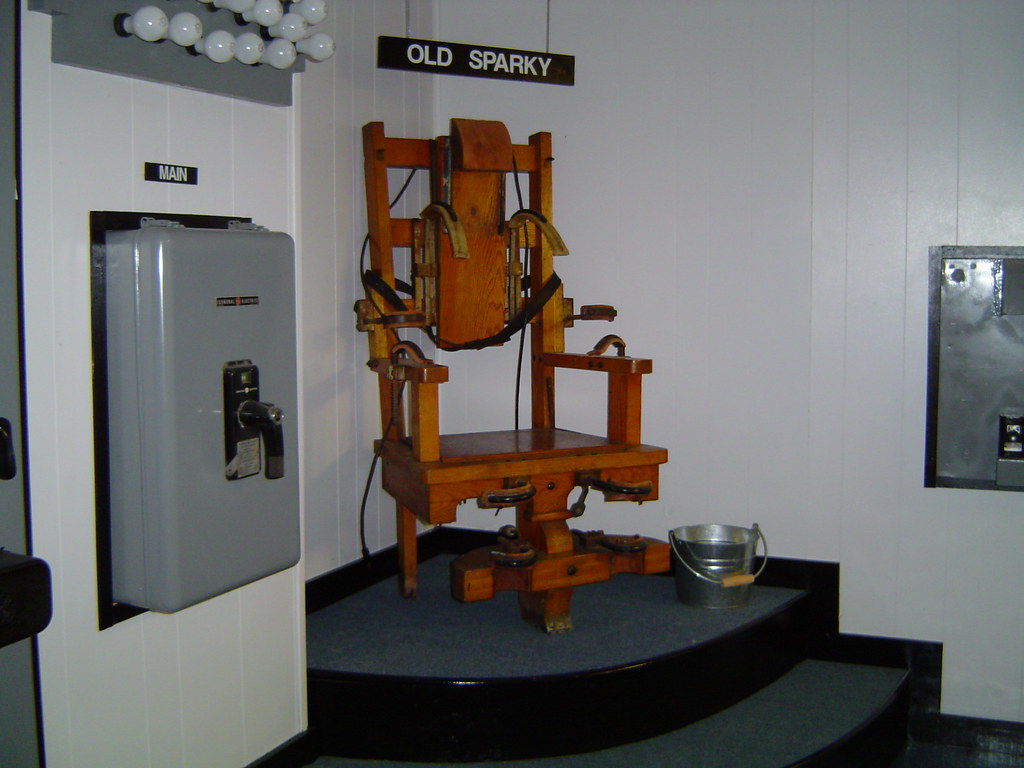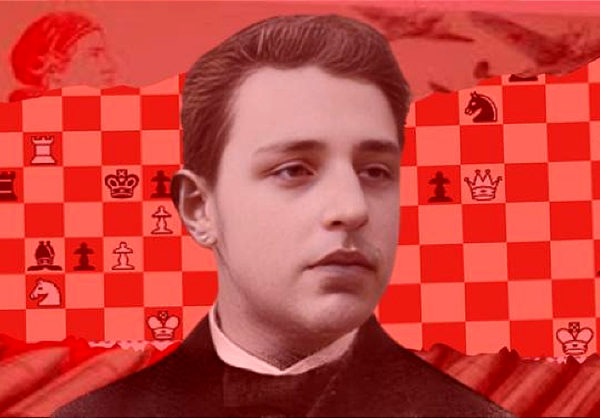He entered the wrong date and lost $92 million

From the Financial Times: "Last year, Norway’s $1.5tn sovereign wealth fund revealed that it had lost NKr980mn, roughly $92mn, on an error relating to how it calculated its mandated benchmark, which led to a marginal overweight in US fixed income relative to global fixed income. In a recent report, the fund revealed the source of the mistake: a staffer named Simon entered the date December 1st instead of November 1st when calculating the fund's benchmark, which threw off the calculations. The mistake wasn't found until months later by the Norwegian Ministry of Finance, which audits the fund's performance. Could this be the most consequential Excel spreadsheet error ever?"
The long and surprising legacy of the Hopkinsville Goblins

From Atlas Obscura: "In August 22, 1955, a Kentucky newspaper reported strange goings-on north of Hopkinsville. Two cars arrived at the local police station, filled with at least five adults and several children, all of whom were highly agitated. They unfurled a strange story: a circular-shaped object came to rest in a nearby gully, and a strange, goblin-like thing with glowing eyes appeared and moved toward him. Steven Spielberg was told about the case by J. Allen Hynek, an astronomer turned UFO researcher whose work gave Close Encounters of the Third Kind its title, and the story not only helped inspire what became the movie E.T., but also the movie Gremlins, and the film Poltergeist."
Every year fans celebrate Alferd Packer, a Gold Rush guide jailed for cannibalism

From the Washington Post: "Believed to be the nation's only convicted cannibal, Packer has become a somewhat beloved, if bizarre, hero. His bust stood in the state capitol next to those of governors and members of Congress. And each April, Packer societies in 13 states dine in celebration of the anniversary of the mountain man's death in 1907, with Bloody Marys, hearts of palm and steak tartare. Packer, a former Union soldier, led a party of gold seekers across the San Juan Mountains in the winter of 1874 and they were trapped in a blizzard. Only Packer emerged. When the snows melted, the skeletons of the five men were found, their heads axed in. Packer later confessed to killing and eating the men."
Editor's note: If you like this newsletter, please share it with someone else. And if you really like it, perhaps you could subscribe, or contribute something via my Patreon. Thanks for being a reader!
The surprising history of the term "soccer," and why the British call it football

From Duolingo: "It seems the whole world calls the sport football, except for a few stubborn holdouts, most notably the Americans. But why? As it turns out, the word soccer was actually coined by the English, who shortened the term "Association Football" to "Assoc.," which when written looks like it might be pronounced "Assock." In late 1800s England, at Oxford, there was also a fad of adding -er to some words, and thus, the term "soccer" was born. Association football was growing in popularity on some college campuses in the U.S., where there was another popular "football," so the name "soccer" was quickly adopted there too. But then the British went back to calling it football."
The first electric chair used AC power because Edison wanted to discredit Tesla

From MagellanTV: "Nikola Tesla's invention of AC power inspired George Westinghouse, who made a fortune running a railway services company. But promoting AC power put him up against all-American icon Thomas Alva Edison, who favored DC or direct current. Thus began the so-called “War of the Currents,” with each inventor trying to gain acceptance of his preferred electrical current. Westinghouse said AC was superior because it could much further without degradation, but Edison argued that AC power was potentially unsafe, even lethal. To make his case, he helped design the first electric chair for killing convicted criminals, and used AC power to do it so it would be associated with death."
Mutiny in space: Why these three Skylab astronauts never flew again
/https://tf-cmsv2-smithsonianmag-media.s3.amazonaws.com/filer/9c/5c/9c5c69f3-9121-49b8-b2e2-36138d418ba0/skylab_4_suited_crew_portrait.jpg)
From the Smithsonian: "What happens when humans spend more than 84 days in space? One time, they just took a day off. In 1974, the last Skylab mission finished. It marked the end of what was then the longest amount of time humans had spent in space, on the space station that was the U.S.'s predecessor to the International Space Station. It also marked the end of a tense standoff. About a month earlier, the three-strong crew of Skylab 4, tired of the demanding schedule NASA had set for them, had announced an unscheduled day off, and turned off their communication radio to mission control. After that, they reached a compromise with the ground crew: a reduced workload and the freedom to complete tasks on their own schedule."
This monk shows how easy it is to climb a rock face
A monk climbing with bare feet on the cliff that tourists climb on with the help of a rope ... pic.twitter.com/8pCyQ1XO0C
— Figen (@TheFigen_) February 11, 2024
Acknowledgements: I find a lot of these links myself, but I also get some from other newsletters that I rely on as "serendipty engines," such as The Morning News from Rosecrans Baldwin and Andrew Womack, Jodi Ettenberg's Curious About Everything, Dan Lewis's Now I Know, Robert Cottrell and Caroline Crampton's The Browser, Clive Thompson's Linkfest, Noah Brier and Colin Nagy's Why Is This Interesting, Maria Popova's The Marginalian, Sheehan Quirke AKA The Cultural Tutor, the Smithsonian magazine, and JSTOR Daily. If you come across something interesting that you think should be included here, please feel free to email me.



